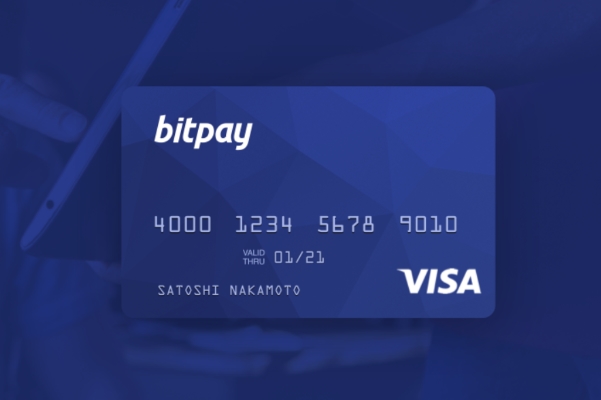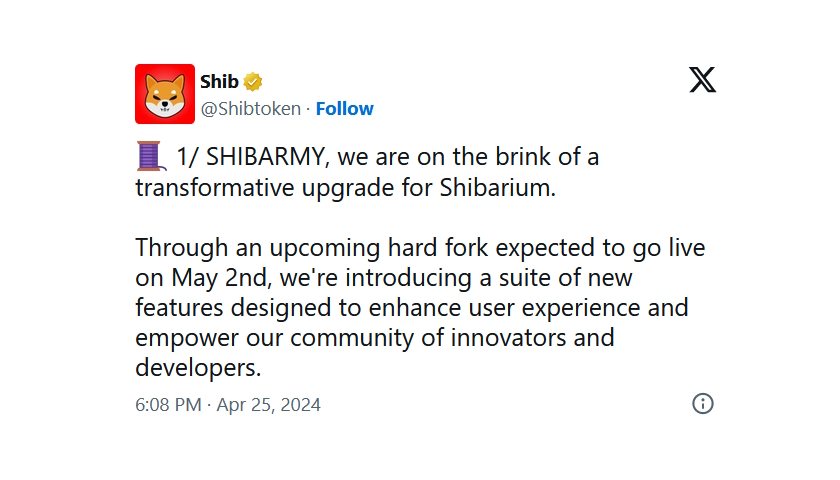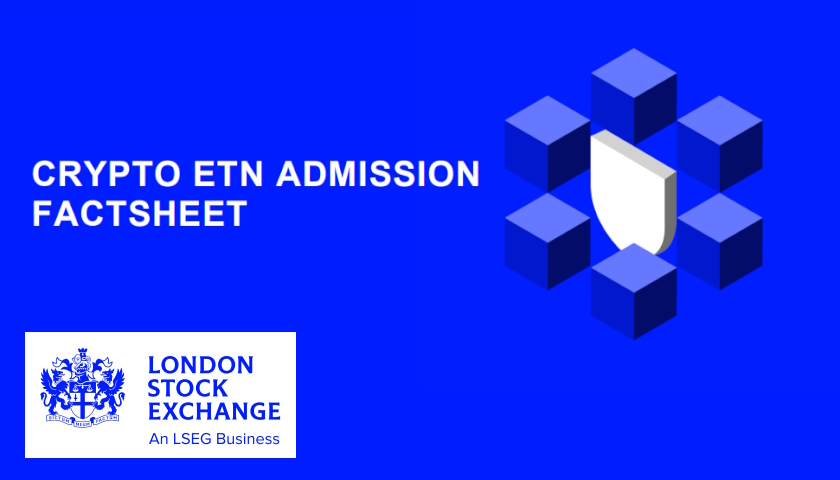Bitcoin payment service provider BitPay has announced Friday, Dec. 22, that it is updating the minimum payment amount on its platform from $5 to $100, only to retract the change two days later, as reported in a blog post on Sunday.
BitPay has shared an update Dec. 22, notifying its users that the platform will no longer process invoices that are less than $100 equivalent in Bitcoin, a vast increase over the previous limit of $5.
The company cited unprecedented Bitcoin transaction volume and the resulting record-high network congestion and miner fees as the reason for this change.
The blog post states:
“Bitcoin miner fees are now more than $30 per transaction on average … Bitcoin payments under $100 are quickly becoming impractical for users to send and for BitPay to process.”
It was further specified that the change “does not affect person to person payments in the BitPay wallet” and “only affects payments to BitPay merchants and Bitcoin-to-dollar loads for the BitPay Card.”
BitPay backpedals
However, just two days later, the payment processor has retracted the change, returning the minimum invoice limit back to its previous value of $5, based on a claim that “Payment Protocol improvements” recently implemented on the platform have allowed it to do so.
“We do not have plans for further immediate changes to the minimum BitPay invoice amount,” the announcement continued.
Notably, the company has still not implemented support for the SegWit scaling solution on its platform as of Dec. 25, despite admitting that it would help increase the capacity of the network and allow “an average Bitcoin miner fee reduction of over 40 percent.”
This failure to enable SegWit support four months after it has been activated on the Bitcoin network has resulted in a degree of frustration for the users of BitPay, as almost every single person replying to the company’s latest announcement on Twitter is asking for the urgent addition of the scaling solution.
Source: www.cointelegraph.com




